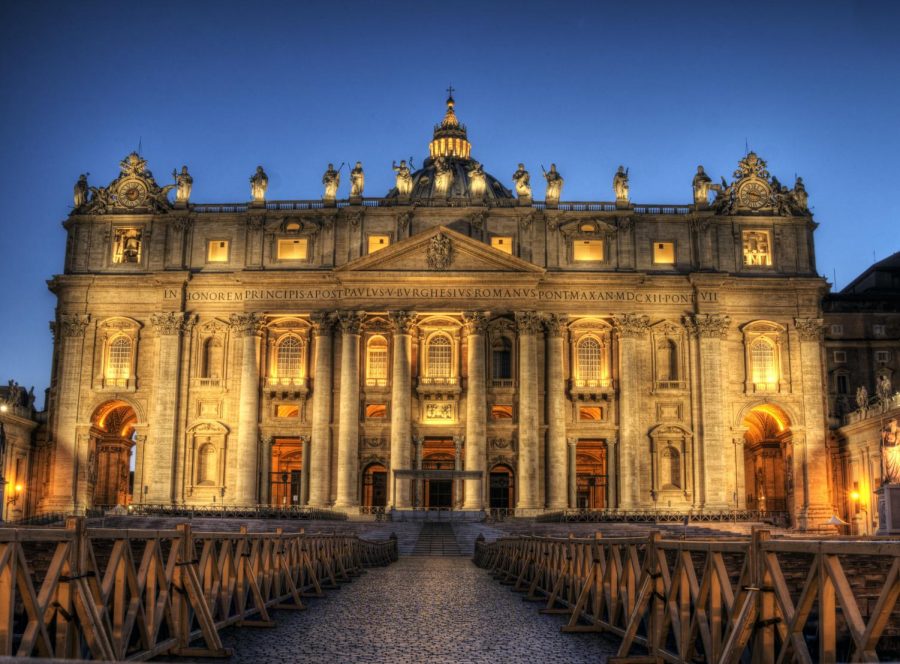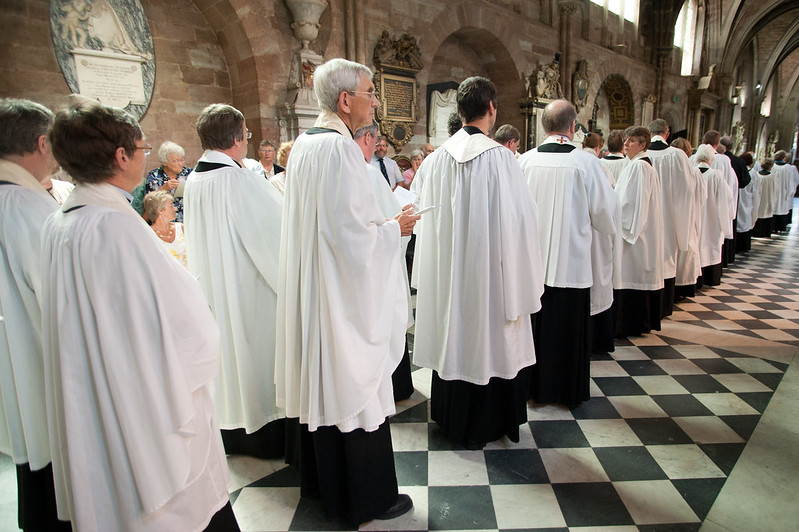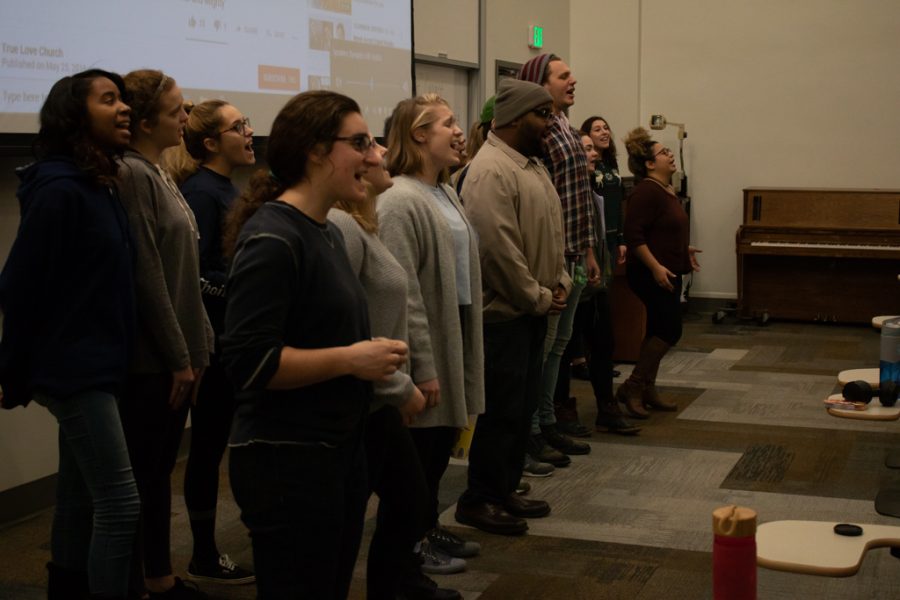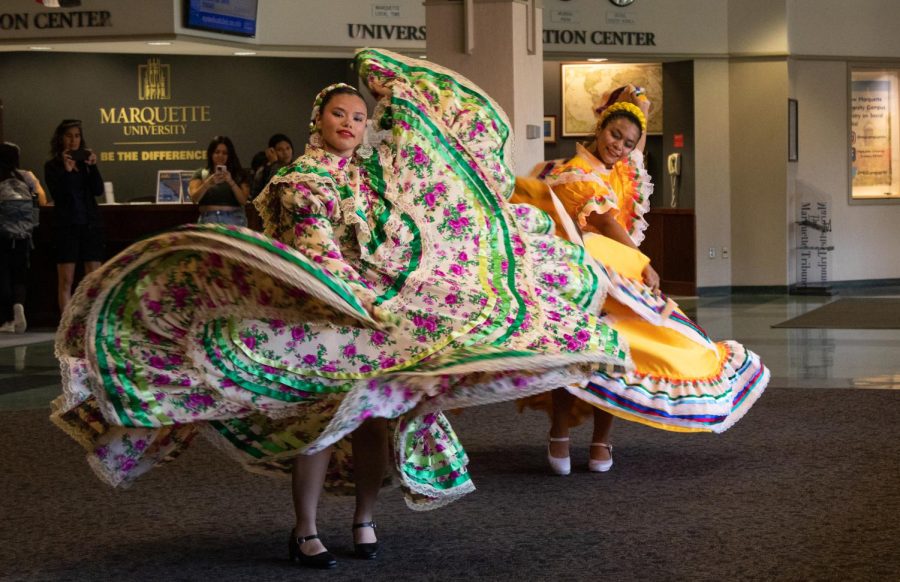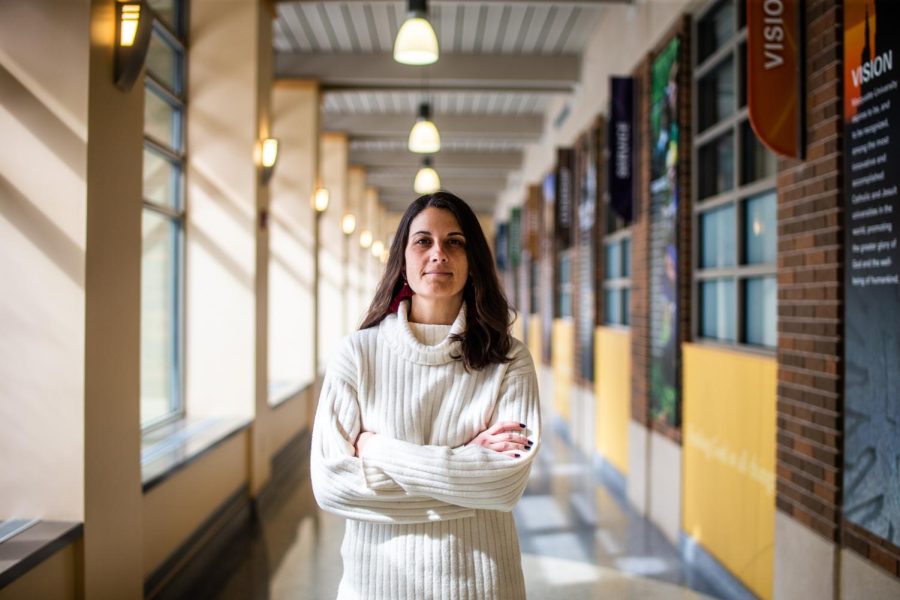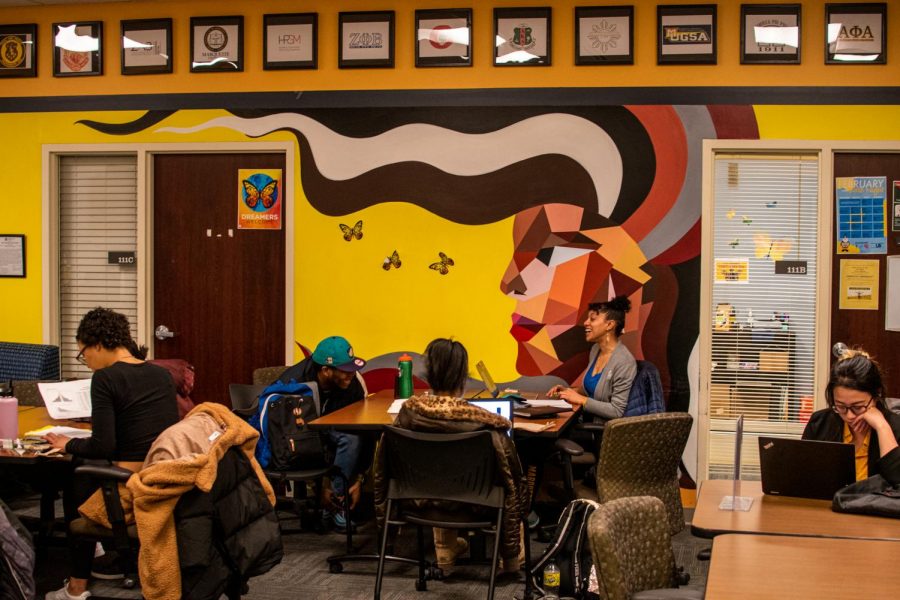In ongoing attempts by the Roman Catholic Church to accommodate and attract its ever-changing flock, parishes around the Archdiocese of Milwaukee are regularly celebrating Mass in Spanish as the Latino population grows throughout the city.
The problem is, there aren’t enough Latino priests.
St. Anthony of Padua is one such parish. Located at 1711 S. 9th St. on the near South Side, the church holds three Masses in Spanish every week. However, none of their priests are Latino, and the church doesn’t have a pastor.
“In general, we’re terribly understaffed,” said the Rev. Michael Barrett, temporary administrator of St. Anthony’s and full-time pastor of Blessed Trinity on the city’s North Side. Barrett detailed the lack of priests in the archdiocese, but more specifically among Latino priests.
“We have about 10 Hispanic priests in the archdiocese. We need about 30,” he said.
Barrett, who has been leading St. Anthony’s since January, said the Hispanic community has a strong dedication and commitment to the faith and Sunday worship.
“Our Spanish Masses are all crowded and enthusiastic,” he said.
He added that is a typical trend throughout South Side parishes.
Every week, St. Anthony’s parishioner Elizabeth Melendez attends a Spanish Mass, which she notes for its sense of community. She estimated that four out of five parishioners there are Hispanic.
“People have come for many years with their families,” she said.
She said she likes the Spanish Mass, and doesn’t mind that the priests are not Latino.
Barrett said the Catholic Church desperately needs to encourage priestly vocations, especially among local Hispanics.
“The archdiocese does not have enough priests to go around, but the process of finding replacements happens slowly, not magically,” Barrett said.
The city’s Hispanic population, as reported in the 2000 census, was 12 percent — a figure expected to rise in the 2010 count. In an interview with the Tribune this month, Archbishop Jerome Listecki acknowledged that reality.
“Importantly, they are Catholic. They’re ours,” Listecki said. “We have to provide a welcoming community for them so that they can grow in the faith just like any immigrant community.”
The idea behind holding Mass in Spanish is rooted in this sense of welcoming, Listecki said.
“When you celebrate diversity, you have to celebrate it as you embrace it for it’s own uniqueness,” Listecki said. “You don’t try to change it and say, ‘I want it to be like this.’ What you do is say, ‘This is what makes this culture unique, what makes this culture a wonderful expression of the faith.’”
Deacon Jorge Benavente works in the diocese’s Intercultural Ministry, acting as a liaison to the Hispanic community.
“It is true that the Hispanic community is growing very fast,” Benavente said. “We absolutely need Spanish priests for sacramental work, but the Latino community is blessed with good leaders.”
Benavente said there are about 20 Hispanic deacons such as himself who work within the community.
“I believe that Hispanics will play an important role in the future of the church, as well as the U.S. It is part of our culture to be Catholic and to be loyal to the church,” he said.



